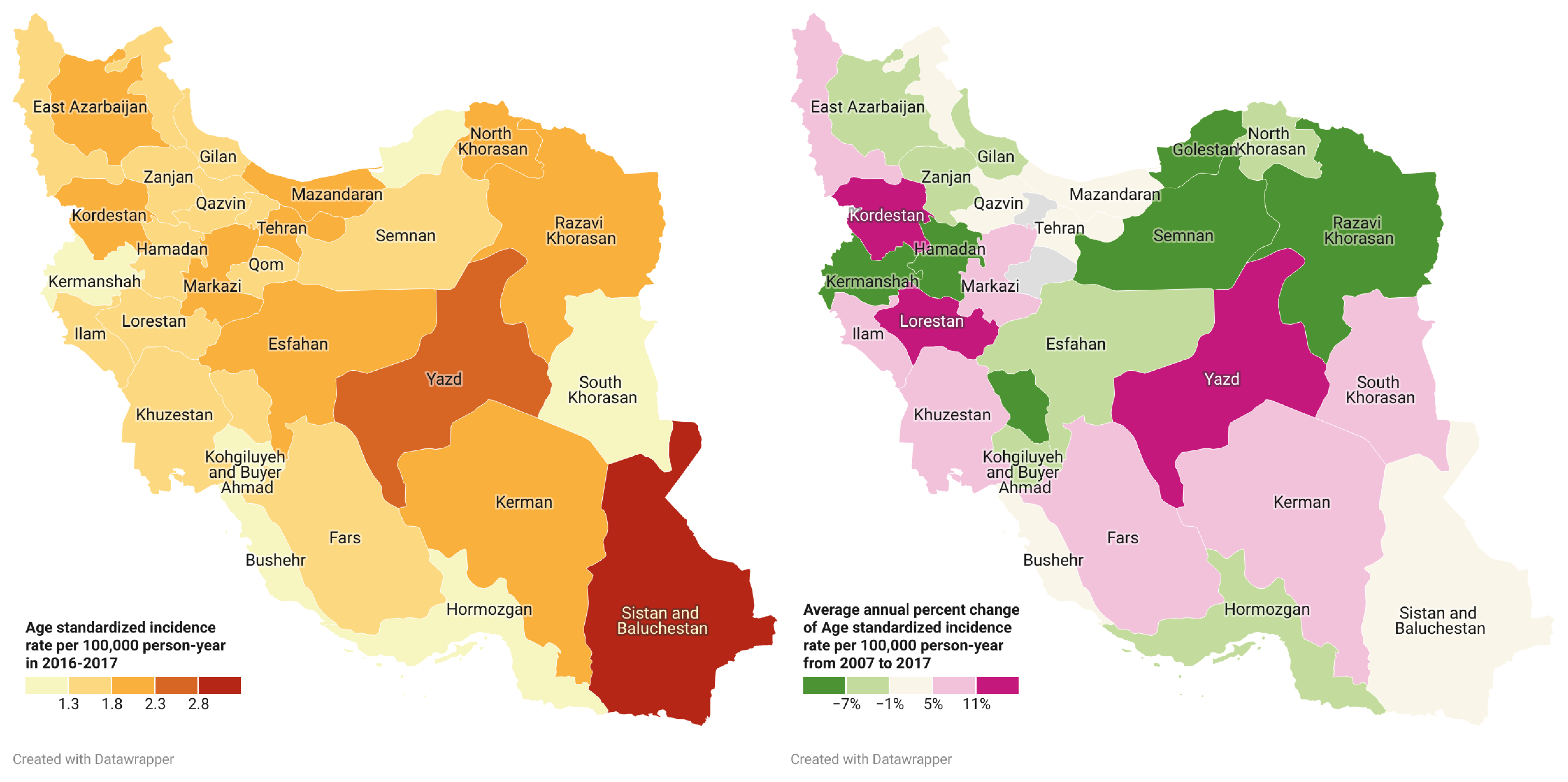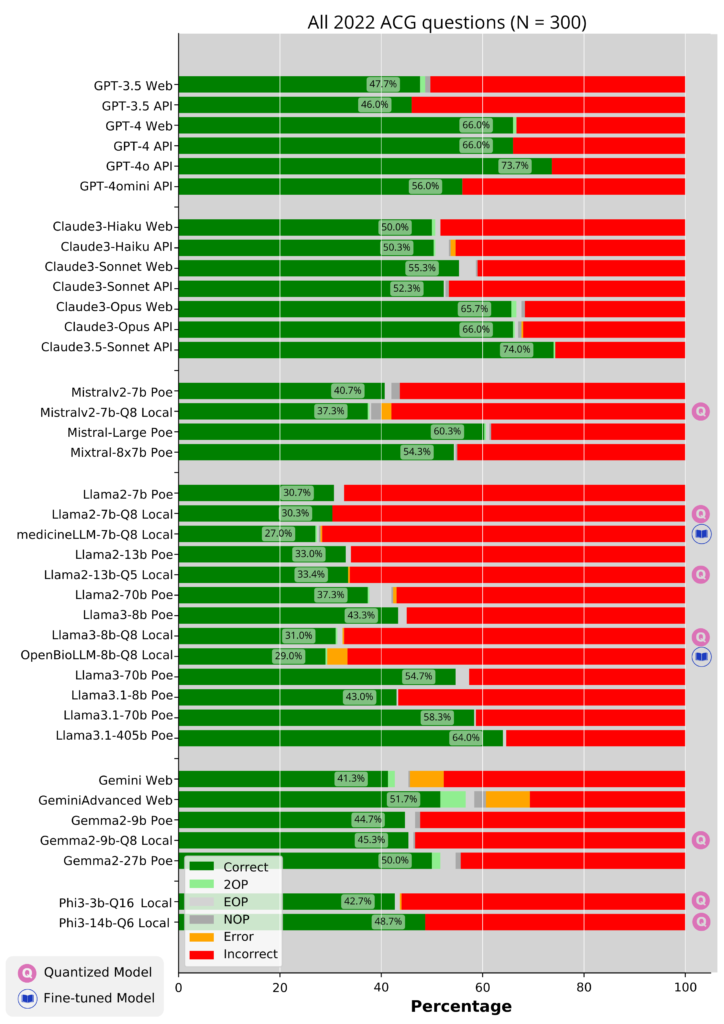Brief Description of My Past and Current Projects
As part of my MD thesis, I started my first research in 2017 on time series analysis of the national cancer registry database. As COVID-19 emerged, I was assigned to coordinate the “Tehran COVID-19 Cohort“, during which I started coding in Python and Visual Basic. In 2019 I co-founded a start-up aimed at developing CAD systems in CXRs. In 2021 our business plan failed, and I joined a medical imaging company as an R&D associate. After graduation in 2021, my research fellowship started on a joint project between Research Institute for Gastroenterology and Liver Diseases & Bioinformatics and Computational Biology Laboratory. My main project aims to develop a multi-purpose ML model for pancreas cancer imaging. I initiated two side projects on capsule endoscopy and 3D visualization of the perianal fistula. I also participated in other projects if they attracted my attention, could boost my skills, or were interesting to my mentees.
During all these projects, I mentored 12 junior students as a peer mentor, of which I am deeply proud. I also gave lectures on “Introduction to ML Logic,” “Research Methodology,” “Visualization in Research Paper,” “Vision, Long-Term Goals, Daily Tasks,” and “From Medical Problem to ML Tasks” at the Shahid Beheshti University of Science and Tehran University of Medical Science as a teaching assistant or workshop lecturer.
2023-now: Benchmarking LLM and VLMs
At, Data-Driven Decision Making (D3M) we are conducting multiple projects to evaluate large language models, particularly in the gastroenterology domain, to understand their capabilities and limitations. Additionally, we are working to enhance LLM explainability to facilitate their safe deployment in clinical settings.
My Supervisors: Ali Soroush (MD,MS, gastroenterologist) and Girish Nadkarni (MD, MPH, nephrologist)
Collaborators: Thomas Savage (Stanford), Jamil Saman (UCLA)
2023-2024 PeriFistAID-3D-report
Perianal fistula is an ancient health problem and high failure in treatment. In the first step, we visualized the path of the fistula using 3D reconstruction of manually segmented perianal fistula in MRI images and generated a reporting manual. In the next stage, we perform RCT on the effectiveness of 3D visualization to decrease the surgery and surgeon evaluation time. At last, we will try ML models such as EfficientNetV2 and ResNet to examine automated segmentation of the perianal fistula and anal sphincters.
My Supervisors: Dr. Khorsanizadeh (MD, Radiologist) and Prof. Keshvari (Colorectal Surgeon)
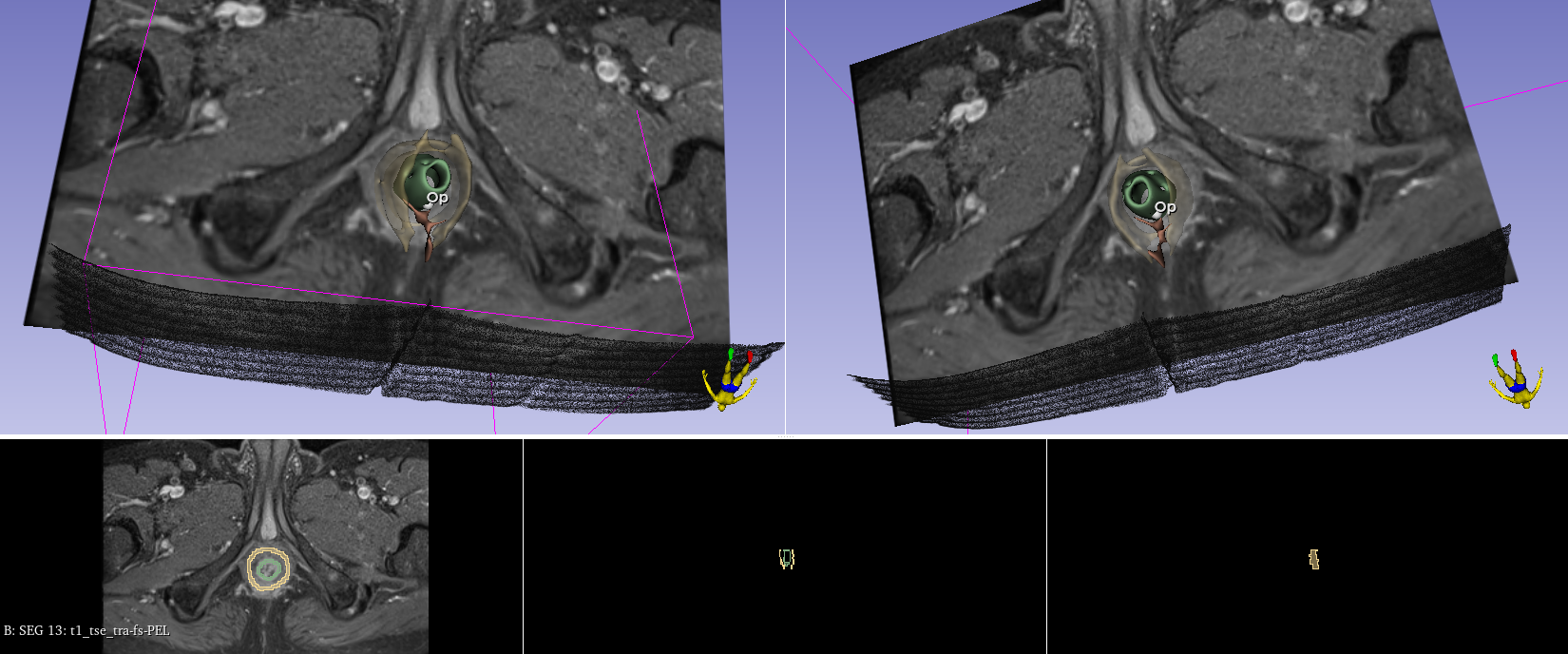
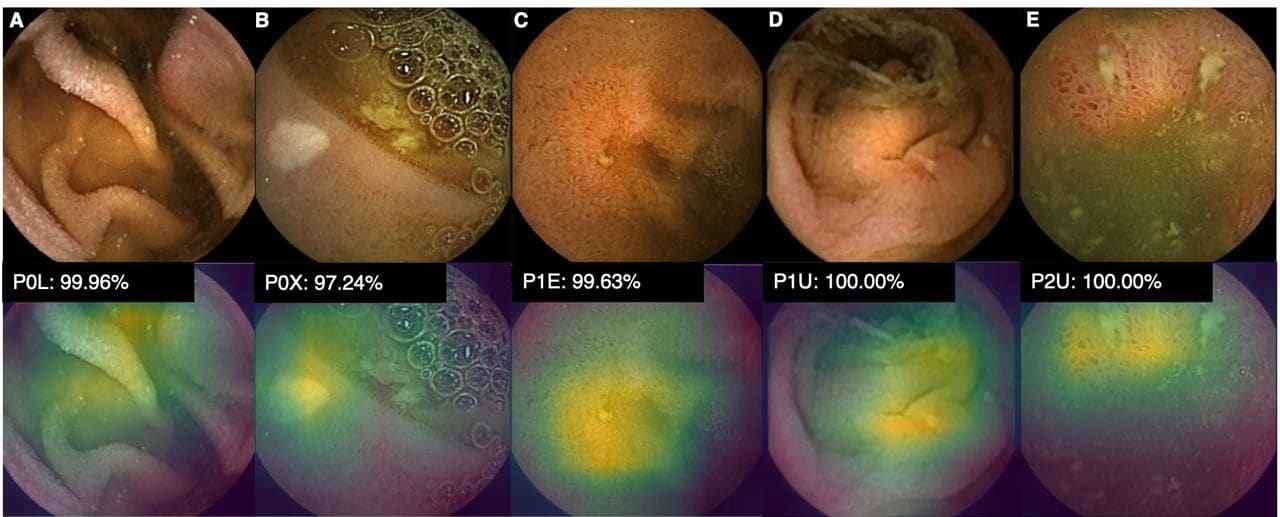
2022-2024: Capsule Endoscopy Dataset
A capsule endoscopy of 260 patients were collected. We aim to develop ML model to detect anatomic region and abnormal lesions.
My Supervisors: Dr. Shabnam Shahrokh (MD, Gastroenterologist)
2021-now: PanCanAID
Pancreas cancer is among deadliest cancers. As my interest for pancreas cancer early detection growed, I proposed my title to start an joint project between four universities. I collected CT scan of pathologically confirmed PDAC and PNET cancers. We get them segmented by two radiologists, and then a follow-up call was made to find 1-year survival. Seven projects were defined on the dataset, and multiple teams are working together to collect, clean, segment, and label data, as well as to develop ML models.
My ultimate goal is to deploy these models, and get them freely available for all patients.
2024 Update: the project outputs (Pars-CT models) will be published soon under non-for-profit use for all patients world-wide. Link to page
My Supervisors: Prof. Hamid R Rabiee (PhD, Professor of Computer Science), Prof. Hamid Assadzadeh (MD-PhD, Gastroenterologist), and Prof. Mohammad Reza Zali (MD-ACG-AGA Gastroenterologist).

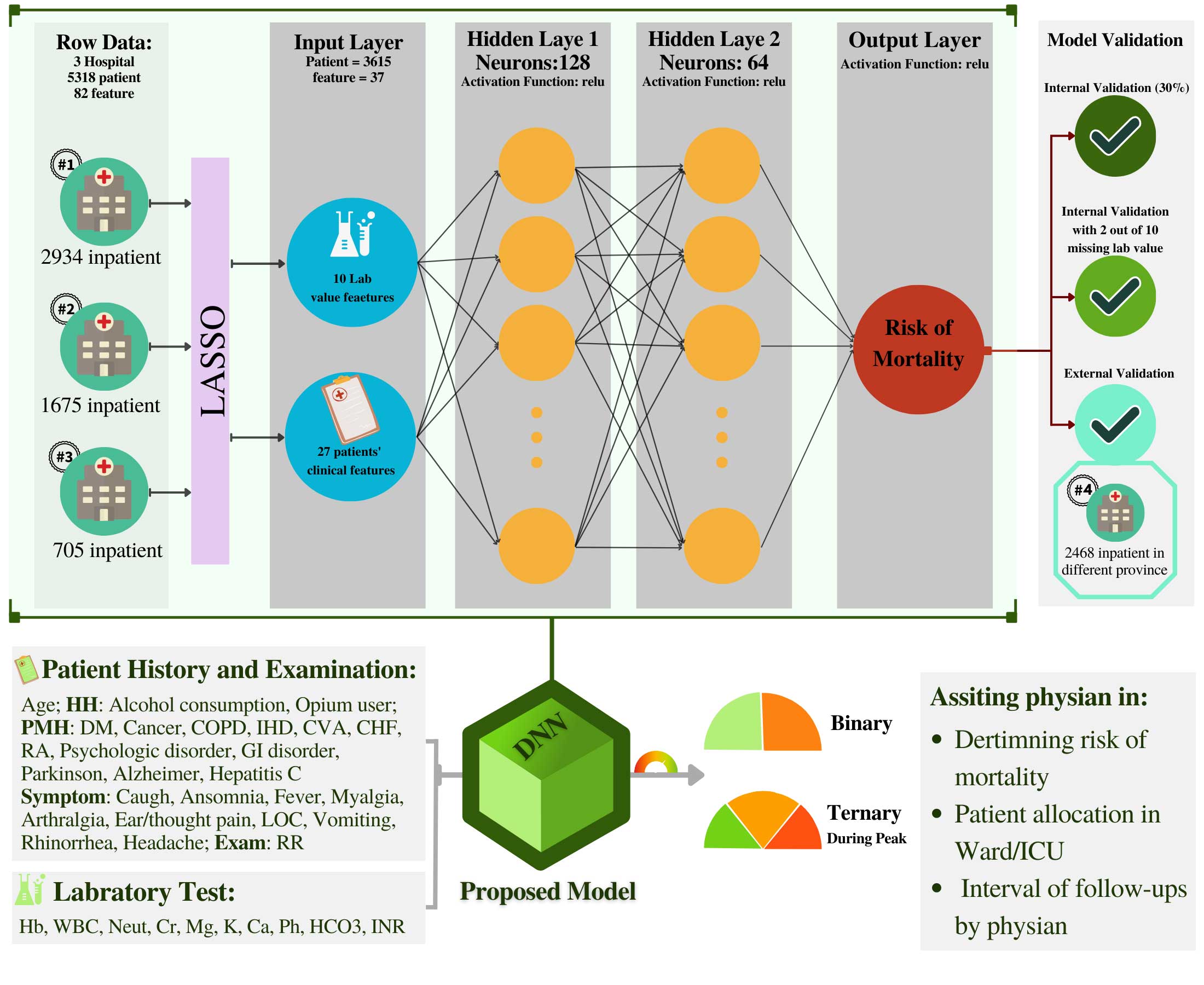
2019-2023: Tehran COVID Cohort
As a coordinator of “Tehran COVID-19 Cohort” I managed 20 collaborators from 5 medical centers. After data collection, I examined the quality, cleaned the data, and get it ready for analysis. The dataset currently consist 10,000 COVID-19 inpatients, and 1-year follow-up data of 1000 patients. This pictures is from our project for developing an generalizable ML model to predict prognosis of COVID-19. We tried to implement it in collaborator hospitals, which we failed.
2024 update: There are more than 10 papers on the dataset, so far. Link to page
My Supervisor: Prof. Mohammad Amin Pourhoseingholi (PhD Biostatistics)
2017-2019: National Cancer Registry
As my thesis, I handled national cancer registry data. I used pairwise comparison using Joint Point Software to compare HPV-related and HPV-unrelated oral cancers.
My Supervisor: Dr. Ali Safavi (MD, ENT)
